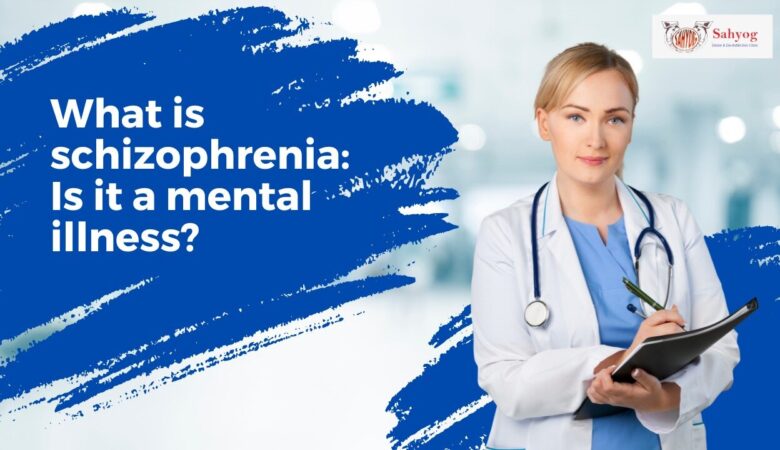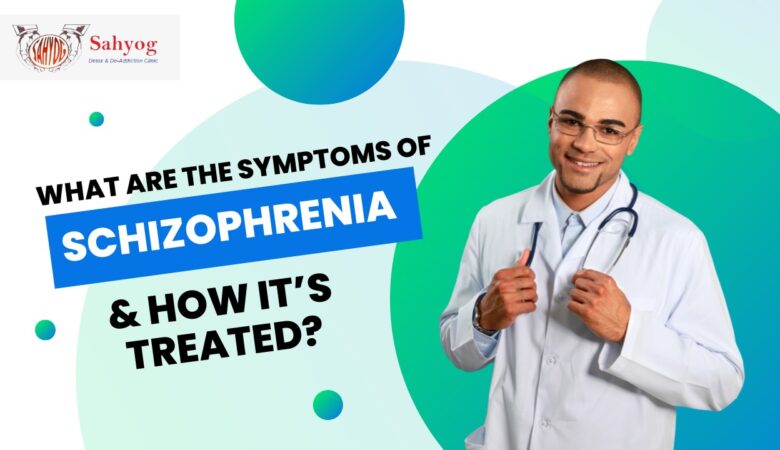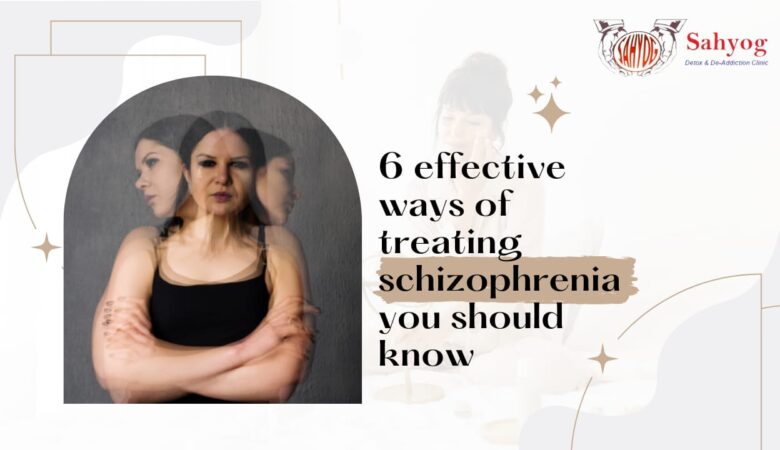What is Schizophrenia: Is It A Mental Illness?
Schizophrenia is a mental illness that causes people to have difficulties with their thoughts, feelings and behavior. It is a serious condition that can be difficult to treat, but there are ways to help people manage it. In this article, we will explore the definition of this mental illness and discuss whether or not it is a mental illness. Definition of Schizophrenia There is no one agreed-upon definition of schizophrenia, as the disorder can be characterized in different ways by different people. But generally, it is considered a mental illness that causes disturbances in thinking, emotions, and behavior. People with this disorder may experience hallucinations (seeing things that are not really there), delusions (false beliefs), and significant changes in their social or occupational functioning. It is a serious condition and can be difficult to treat. What is Schizophrenia? Schizophrenia is a mental illness that affects the way someone thinks, feels, and behaves. It is a serious brain disorder that can be life-threatening. There is no one cause for schizophrenia, but it is believed to be caused by a combination of genes and environmental factors. The mental illness usually starts during early adulthood, but it can start at any age. There is no cure for this disorder, but there are treatments that can help people live better lives. If you think you may have schizophrenia, please talk to your doctor. Symptoms Schizophrenia may manifest with a wide variety of symptoms, which vary from person to person. The most common symptoms are: delusions, hallucinations, disorganized thoughts, and abnormal behavior. Some people with this disorder also experience negative symptoms such as social withdrawal, reduced ability to think or communicate clearly, and difficulties with forming relationships. There is no one answer as to what causes schizophrenia, but the cause may be a combination of genetic and environmental factors. There is currently no cure for schizophrenia, but treatment options include medication, therapy, and social support. Signs It is a mental disorder characterized by severe and persistent changes in thinking, mood, and behavior. Those who suffer from schizophrenia may experience delusions (false beliefs), hallucinations (seeing things that are not there), or odd thoughts that are not connected to reality. Additionally, those with this mental health state may have difficulty socializing and functioning in typical daily activities. Signs and symptoms can vary significantly from person to person, so it’s important to seek out professional help if you think you or a loved one may be experiencing the disorder. Causes of Schizophrenia Schizophrenia is a mental illness that affects the way a person thinks, feels, and behaves. It is a serious disorder that requires treatment. There are many possible causes, but most cases are thought to be caused by some combination of genetic and environmental factors. Some possible causes of schizophrenia include: A brain injury or tumor Environmental toxins or stressors Genetic abnormalities Common Cause of Schizophrenia Schizophrenia is a mental illness that affects the way someone thinks, feels, and acts. It can be a very serious condition that requires treatment. There are many possible causes, but the most common is a problem with the brain’s neurotransmitters. Treatment for Schizophrenia Schizophrenia is a serious mental illness that affects nearly 1 in 100 people. It’s characterized by hallucinations and delusions and can severely impact a person’s quality of life. Treatment options typically involves medication and therapy. There are also support groups available for people with schizophrenia. There are many different treatments, but the most common approach is medication and therapy. Medication is usually prescribed in combination with psychotherapy. Psychotherapy helps people with schizophrenia learn how to manage their symptoms and live more normal lives. There is also a range of other treatments available, such as neuroleptic drugs, which are used to treat the symptoms. Schizophrenia: A Lifetime Perspective People with schizophrenia may experience hallucinations (seeing things that are not really there), delusions (false beliefs), and bipolar disorder. The cause of this mental illness is not known, but it is believed to be caused by a combination of genes and environment. It usually occurs in adults, but it can also occur in children. Is It a mental illness? Schizophrenia is a mental illness that causes people to have problems with their thoughts, feelings, and behavior. It is a serious disease that can affect people in many ways. The disorder is usually diagnosed using a set of specific symptoms, called the triad. The triad includes hallucinations (seeing things that are not there), delusions (false beliefs about oneself or the world), and cognitive (thinking) problems. There is no one-size-fits-all approach to treating schizophrenia, but treatment typically involves medication and therapy. If treatment is not successful, people with this mental illness may need support through services such as social work or rehab. It is a mental illness that affects approximately 1% of the population. It is a serious mental disorder characterized by hallucinations, delusions, and significant disruptions in thinking and behavior. The mental illness can be extremely debilitating and can lead to problems with social and occupational functioning. Although there is no cure for schizophrenia, there are treatments that can help manage the symptoms. Final Words Schizophrenia is a mental illness that affects the way someone thinks, feels, and behaves. It is a disorder that usually begins in early adulthood and can last for many years. It can be very difficult to live with, and it can often lead to problems with job, relationships, and everyday life.



